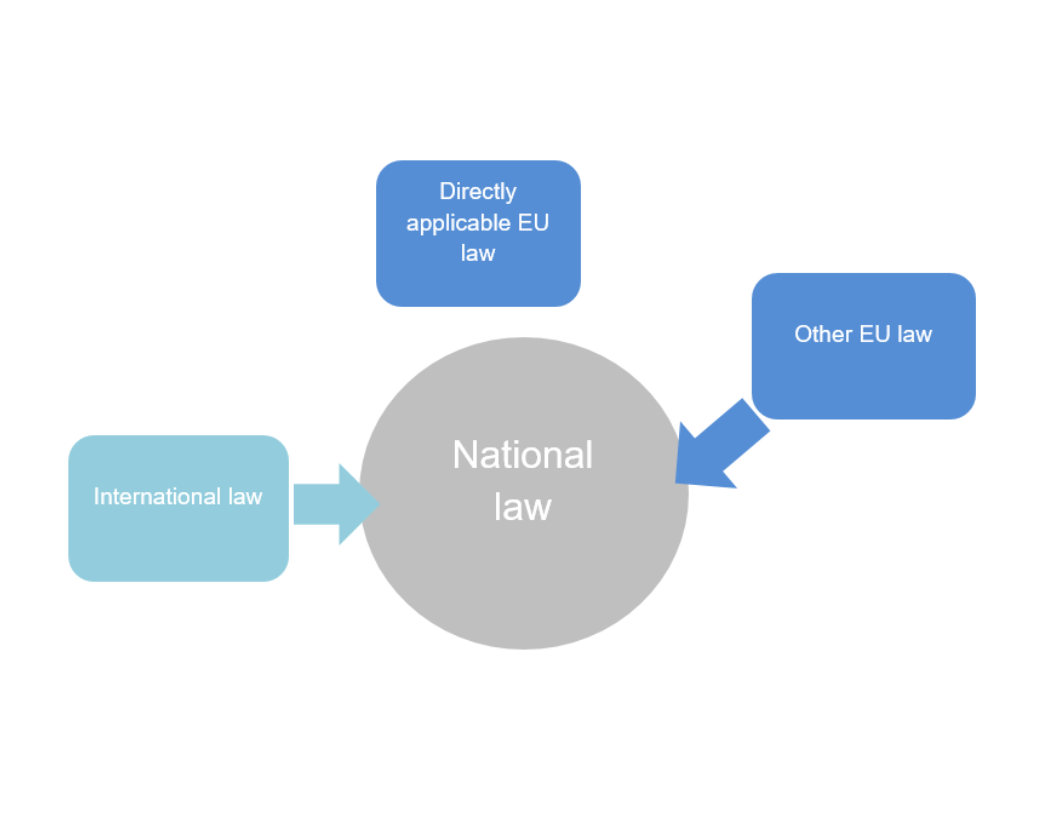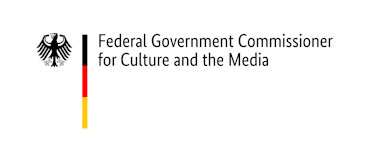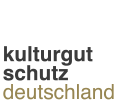Legal basis
The legal basis for the protection of cultural property comprises the collective body of legislation aimed at protecting cultural property against damage, destruction, theft and loss. An overview of the relevant provisions can be found below.
The legislative provisions that apply in Germany in respect of the protection of cultural property are derived in particular from three sources:
- national law
- EU law
- international law
National law on the protection of cultural property includes firstly the provisions adopted by the federal legislator (the German Act on the Protection of Cultural Property (Kulturgutschutzgesetz, KGSG)), and secondly the provisions adopted by the Land legislators, particularly in the field of monument conservation.
EU law can be divided into two categories: pieces of legislation that apply directly and take precedence, and those that lay down requirements to be transposed into law by the national legislators.
In addition, Germany has ratified certain international conventions obliging the German legislator to incorporate into the national acquis provisions that enable cultural objects originating from a different country which have been introduced into Germany after being unlawfully exported or as a result of armed conflict to be returned to that country.
The following diagram illustrates the relationship between the different sources of legislation:

Protection of cultural property at national level
The provisions of national law on the protection of cultural property pursue a range of different regulatory goals. The first of these is to protect German cultural objects against damage, destruction and expatriation, and the second is to ensure that cultural objects that have been unlawfully removed from their country of origin are treated with respect and returned. The most important legislative source at national level is the Act on the Protection of Cultural Property. Regulations have also been adopted by the Länder on monument conservation and archives.
Protection of cultural property at EU level
Certain pieces of EU legislation are directly applicable in Germany, including Regulation (EC) No 116/2009, which is aimed at preventing the export of cultural goods to non-EU countries, Regulation (EU) No 1332/2013, which regulates imports and exports of Syrian cultural goods and dealing in these goods, Regulation (EC) No 1210/2003, which regulates imports and exports of Iraqi cultural goods and dealing in these goods, and Regulation (EU) 2019/880 (extract) of the Council of 17 April 2019 on the introduction and import of cultural goods.
Other provisions of EU law that apply to the return of cultural goods unlawfully removed from the territory of one Member State to another (Directive 2014/60/EU) must be transposed into law by the national legislators. Germany incorporated the relevant provisions into the Act on the Protection of Cultural Property.
Further information can be found in the section on the legal basis at EU level.
Protection of cultural property at international level
The body of international law on the protection of cultural property comprises all the regulations enacting special legal standards for cultural property on the basis of international treaties (conventions or agreements). The relevant conventions are often drafted by international organizations such as UNESCO or the Council of Europe.
The goals pursued by means of these international conventions regulating the global protection of cultural property include the following:
• protecting global cultural heritage against destruction and looting;
• guaranteeing reciprocal arrangements for return proceedings between individual countries; and
• preventing illegal imports and exports of protected cultural goods.
Certain special conventions also regulate the protection of cultural property in times of peace or war.
Further information on this topic can be found in the section on provisions of international law.
Codes of ethics
The provisions of national and international law are supplemented by professional rules (“trade practices”) and voluntary commitments by industry bodies, which are frequently set down in various codes of ethics.
These codes of ethics are not placed in the same rank as legislation, but nevertheless impose due diligence requirements on the members of the relevant bodies and sanctions in the event of violations. Under certain circumstances, they may also result in a higher level of liability towards third parties.

